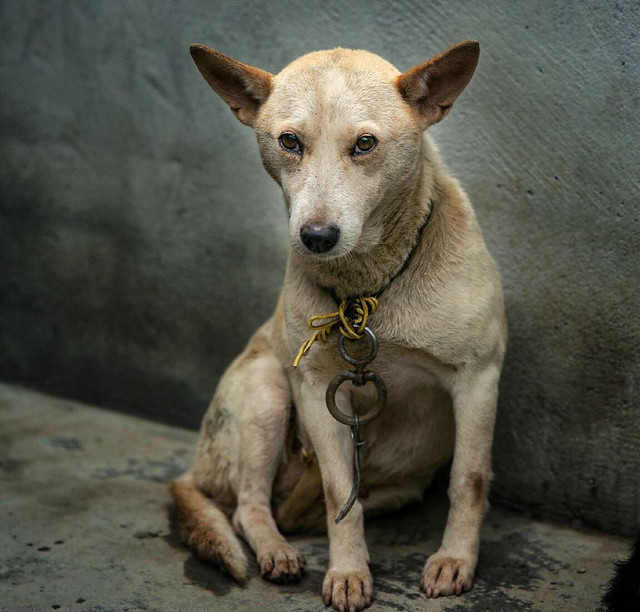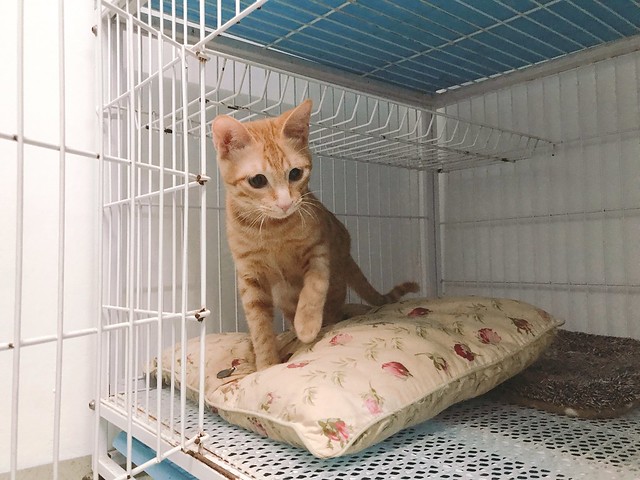China removes dogs from the approved livestock list
29 May 2020
We are beyond excited to learn today that China’s new National Catalogue of Livestock and Poultry Genetic Resources was announced this morning, with dogs not included on the list.
It is extremely encouraging to see this landmark decision that reflects the growing concern for animal welfare in China, following on as it has from the regulations passed earlier this year in Shenzhen and Zhuhai banning the consumption of cats and dogs.
Although the delisting of dogs from the Catalogue is not an outright ban on consumption, the move, coupled with the existing Food Safety Law and Animal Disease Prevention Law will further illustrate the fact that this chain is illegal. This means all the dog restaurants, markets and slaughterhouses countrywide selling dogs for food are now illegal.
The protection also extends to cats who are not and have never been on the Catalogue of Livestock, reflecting their status and importance as a companion animal too.
Animals Asia’s Cat and Dog Welfare team has worked for decades encouraging responsible dog management, and fostering this harmonious connection between humans and companion animals in China. Over the course of many years we have worked with a number of deputies to the National People's Congress (NPC) on proposals relating to the protection of companion animals, such as the proposed legislation to ban the slaughter and sale of cats and dogs. We submitted four in-depth investigation reports to a number of national and local governments to help departments and officials understand the violations and dangers of the cat and dog meat industry chain. We have received ongoing feedback and recognition in our ongoing communication with the government over the years, our efforts were also acknowledged by an official reply letter from the State Food and Drug Administration in 2017, which mentioned that they would protect consumers' food safety by strengthening supervision and inspection of restaurants and other cat and dog meat sales across the country, collaborate with relevant departments to crack down on the illegal cat and dog meat practices, and increase publicity and guidance to the public, amongst other measures.
This move is a cause for celebration, showing that our programmes working from within the country, nationwide, have been supported by the authorities and are now making the difference we had hoped. It provides inspiration to continue our work to improve the lives of animals and humans alike, and is truly a shining example of kindness in action.
BACK








